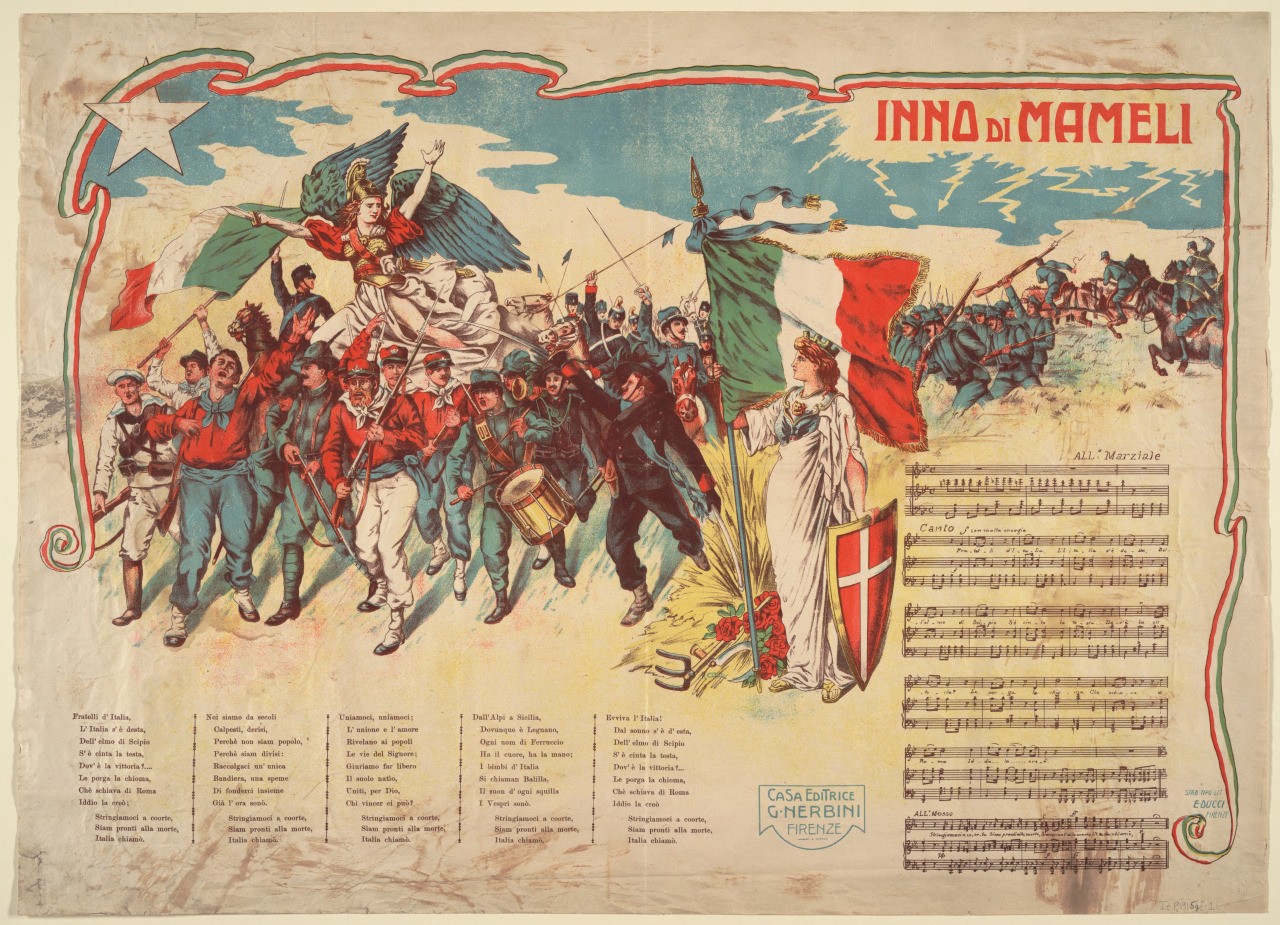Some time ago there was a discussion concerning the definition of a language and the distinctions made between language and dialect in which it was discovered that when a language is legislated to be the national language of a nation (Toscana in Italy) all other languages and dialects used in the nation become known as dialects despite their classification as a language or dialect.
While recently reading the biography of Frederick 11 Holy Roman Emperor; King of Italy 1220 - 1250 (his predecessor Otto IV successor to Henry V11 King of the Romans and later King of Germany who was also King of Sicily after Henry V1 passed.), I came across this paragraph which retraces the earlier origins of the Sicilian language that hithertofore was discusssed. Succinctly:
Frederick11 was also patron of the Sicilian School of Poetry. His Sicilian royal court in Palermo, from around 1220 to his death saw the first use of a literary form of an Italo-Romance language -SICILIAN.
The poetry that emanated from the School had a signficant influence on literature and later Italian (Toscana)
The School and its poetry were well known to Dante and his peers and predate the use of Toscana as the elite literary language of Italy.
=Peter=
Sicilian Language origin and Frederick 11 Holy Roman Emperor
-
PeterTimber
- Master

- Posts: 6811
- Joined: 16 Dec 2007, 18:57
- Location: Yonkers NY
- liviomoreno
- Master

- Posts: 7085
- Joined: 13 Feb 2004, 00:00
- Location: Rome, Italy
- Contact:
Re: Sicilian Language origin and Frederick 11 Holy Roman Emp
Nowadays in Toscana there are many different dialects as in all the Italian regions, it is difficult to identify a common dialect or language called "Toscano". There are several words in the dialect Fiorentino (the one spoken in Florence) that are not understandable by an Italian from another region (or even in another Town in Tuscany) and you will not see those words in an Italian Vocabulary.
Also some grammatical constructions are unique and different from the pure Italian language.
Also some grammatical constructions are unique and different from the pure Italian language.
-
PeterTimber
- Master

- Posts: 6811
- Joined: 16 Dec 2007, 18:57
- Location: Yonkers NY
Re: Sicilian Language origin and Frederick 11 Holy Roman Emp
Nothing stays the same Livio..even good english in the USA is an uphill battle! =Peter=
~Peter~
- blissiorio
- Rookie

- Posts: 30
- Joined: 06 Dec 2010, 19:18
- Location: New Jersey
Re: Sicilian Language origin and Frederick 11 Holy Roman Emp
I have a Masters degree in Linguistics. One of the things we learned in grad school was the truth of this saying: "A language is a dialect with an army."
Researching surnames:
[In Teramo area] - Core / Fani / Venanzi / Secone / di Luca / Vannoni / Leteo / Bianchini / Cistola / Felicione / di Marco / Casalena / Romantini / Cintioli / di Francesco / Caponi / Foschi / Traini / d'Ascenzo / Ciare / Ciavattini
[In Campagna and Eboli] - Iorio / Adelizzi
[In Teramo area] - Core / Fani / Venanzi / Secone / di Luca / Vannoni / Leteo / Bianchini / Cistola / Felicione / di Marco / Casalena / Romantini / Cintioli / di Francesco / Caponi / Foschi / Traini / d'Ascenzo / Ciare / Ciavattini
[In Campagna and Eboli] - Iorio / Adelizzi
-
PeterTimber
- Master

- Posts: 6811
- Joined: 16 Dec 2007, 18:57
- Location: Yonkers NY
Re: Sicilian Language origin and Frederick 11 Holy Roman Emp
How very true Blissorio! were it not for the Roman army Latin and its remnants (english and Romanian) would not have had such a profound impact on west european and world linguistics.
Anecdotally, during my own family researches I came across a letter written in 1481 to an ancestor and by that time the written latin variant of the family local dialect had evolved to the point where I was able to understand the intent of the words directly or indirectly. What intrigued me was the stage of linguistic evolution it had reached. =Peter=
Anecdotally, during my own family researches I came across a letter written in 1481 to an ancestor and by that time the written latin variant of the family local dialect had evolved to the point where I was able to understand the intent of the words directly or indirectly. What intrigued me was the stage of linguistic evolution it had reached. =Peter=
~Peter~


